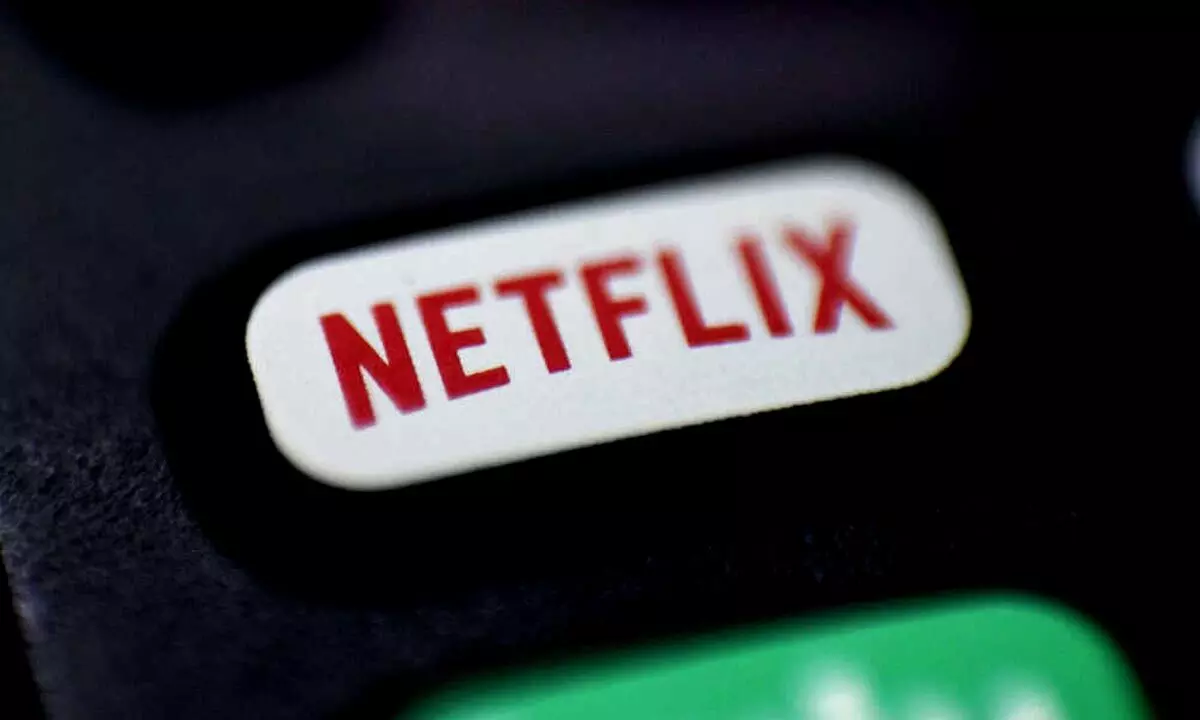Live
- Japanese government approves 250-billion USD economic package to ease price pain
- Six pharma companies to set up their units in Telangana
- The Unstable Events of a 17-Wicket Day in Perth: India vs Australia
- Dutch FM's Israel trip cancelled after Netanyahu's arrest warrant
- UK to increase energy price cap by 1.2 per cent
- Ethiopia launches national coffee platform to maximise earnings
- Centre completes auction of 3 coal blocks, to yield annual revenue of Rs 2,710 crore
- Ullal Woman Files Complaint Against Husband Over Instant Talaq and Abuse
- Analysis: Russia's Nuclear-Capable Missile Marks Shift from Cold War Deterrence Doctrine
- OpenAI Plans In-House Browser "SearchGPT" to Compete with Google Chrome









